It’s been a difficult week here in pre-Gilead.
And it’s only Thursday morning.
I’m tempted to stop watching and reading the news. And I understand why many friends have.
But I’m an Atwoodian.
So when it occurred to me that I should take a “break” from reality for my mental health, a little voice said, “careful, June.”
June/Offred, in The Handmaid’s Tale, was passive, like so many of us are. She was lulled into accepting roadblocks as necessary after a terrorist attack–they became normal. And when the government started attacking women’s rights, she didn’t go to the marches–she tried to distract herself with baking, with her daughter’s lunches. And then they started opening fire on the protestors.
She tried to act too late.
“We lived, as usual, by ignoring. Ignoring isn’t the same as ignorance, you have to work at it. Nothing changes instantaneously: in a gradually heating bathtub you’d be boiled to death before you knew it” (74).
Jimmy/Snowman, in Oryx and Crake, is the same, except as a male, he is more protected. He is privileged enough to be obtuse, to not ask, when his friend says sterilizing people without their knowledge is “step one”: “Wait, what’s step 2? And where do these steps lead?”
And then it’s too late.
“How could I have missed it? Snowman thinks. What he was telling me. How could I have been so stupid? No, not stupid. He can’t describe himself, the way he’d been. Not unmarked–events had marked him, he’d had his own scars, his dark emotions. Ignorant, perhaps. Unformed, inchoate. There had been something willed about it though, his ignorance. Or not willed, exactly: structured. He’d grown up in walled spaces, and then he had become one. He had shut things out” (184).
I can’t choose what these narrators do.
I can’t turn off the news and start a loaf of bread. I can’t be lulled by pizza and sex.
My eyes have to stay open, even with the tears.
My voice has to stay loud, even though I’m hoarse.
My heart has to keep beating to fuel this fight, even though I’m weary.
Atwood has written the warning.
I must heed the call.


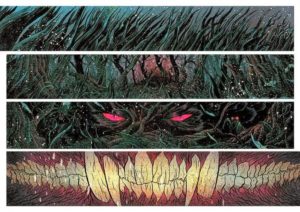
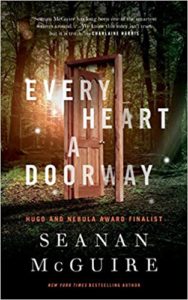

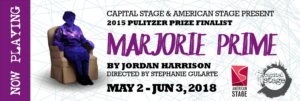
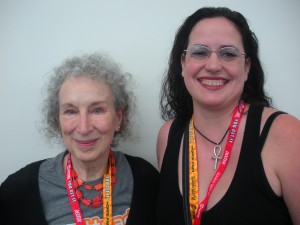
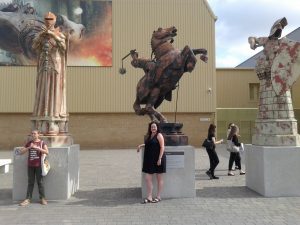



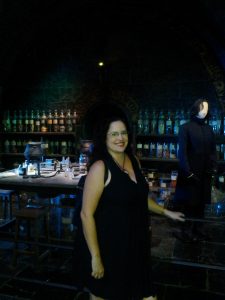
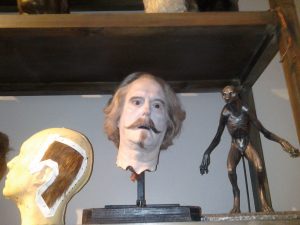
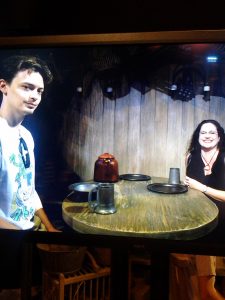
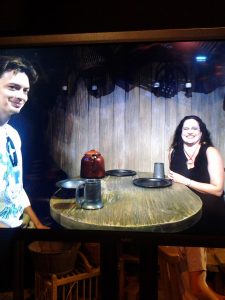
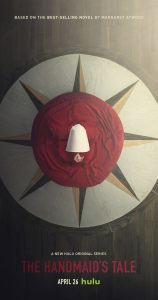
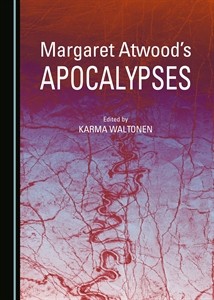
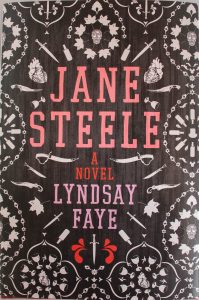
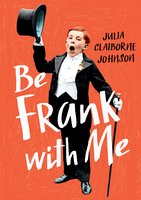
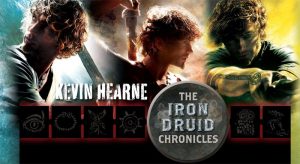
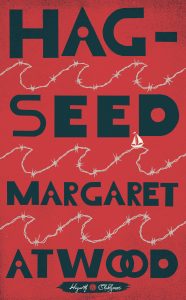



Recent Comments